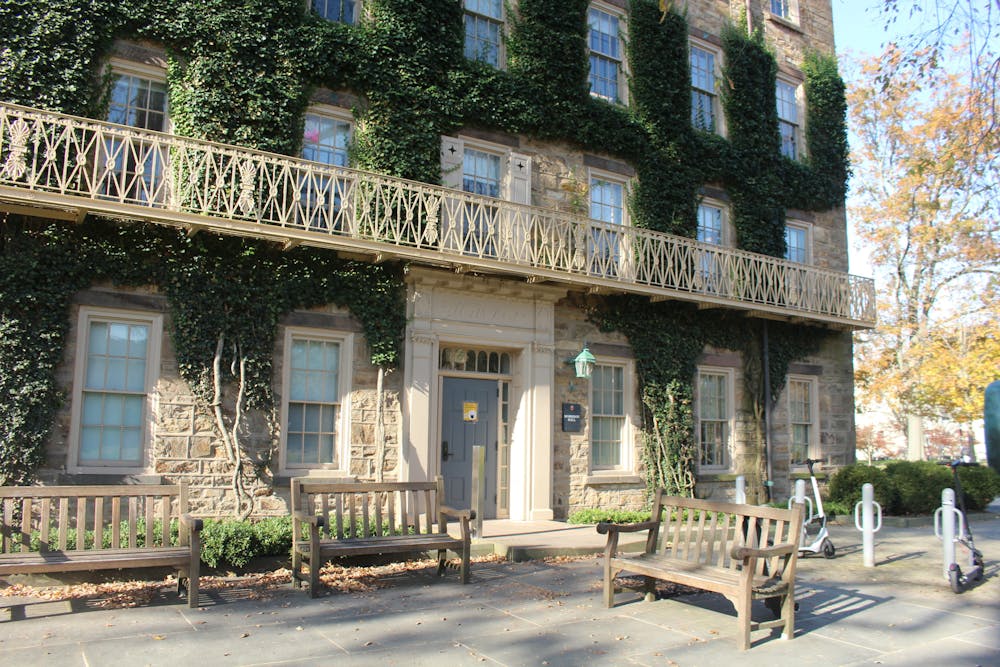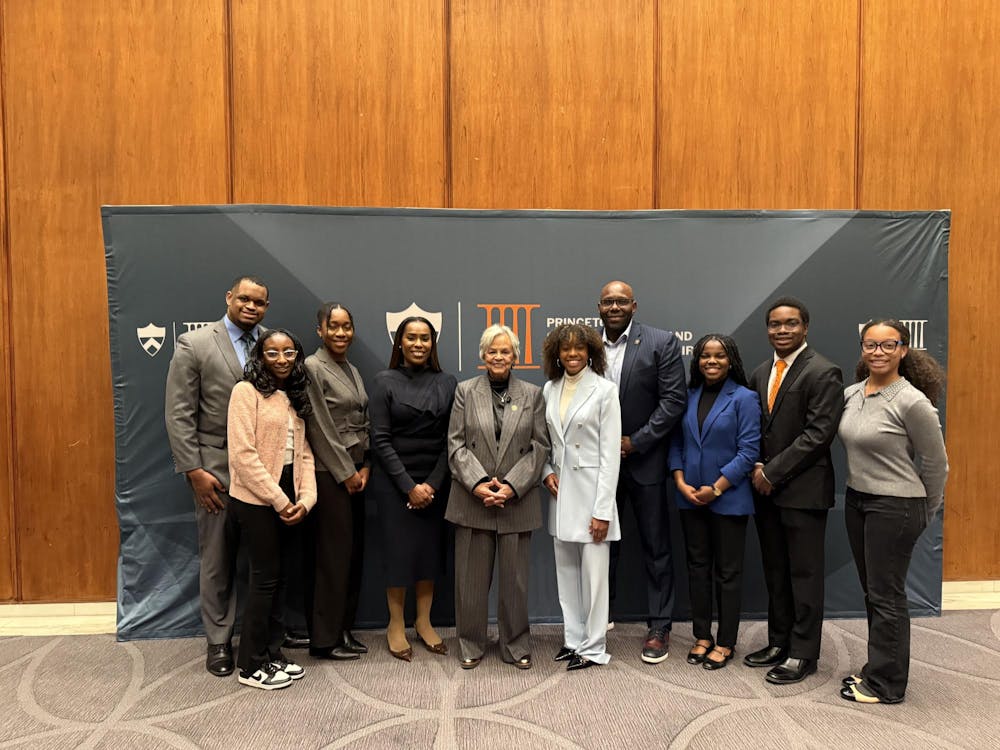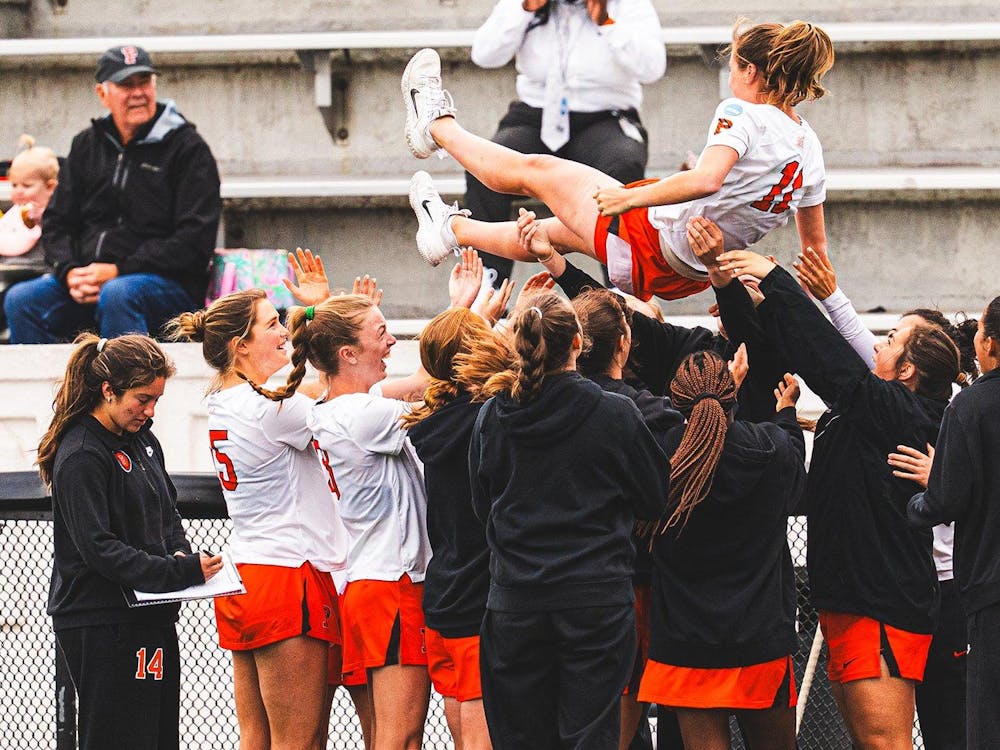Princeton University has launched two separate lawsuits in New York against recent graduates over defaulted loans. Both lawsuits began in spring of 2023 and are ongoing.
The University is suing over defaulted payments totaling $7,080.43 and $23,644.64. The cases are proceeding in Suffolk County Supreme Court and Nassau County Supreme Court, respectively. As of 2022, the University’s endowment totaled $35.8 billion.
Students are able to take federal student loans through the University. Although the loans are funded directly by the U.S. Department of Education, Princeton University serves as the loan holder. Therefore, the University is able to take legal action to repossess the loan. The University offers two kinds of loans, one that defers interest while a student is enrolled and a second that offers no special interest deferment. The amount of deferred interest loans that a student is eligible for is determined by their financial need.
While Princeton has said that it meets 100 percent of demonstrated financial need and tout a “no-loan” policy, 1.27 percent of students in the 2020 fiscal year had taken out a loan from Princeton.
This is not the first time that Princeton has sued graduates over unpaid loans. The Daily Princetonian has independently found similar, yet already settled lawsuits over debt repayment against alumni by the University from prior years in several U.S. jurisdictions, including New Jersey, California, and Washington State.
The University has won at least some of the cases. For example, in Washington State, a lawsuit was first filed in September 2017 and resolved in December of the same year. The case resulted in a “Default Judgment,” which occurs when a defendant does not appear in court or fails to reply to court summons. This judgment, according to court records, was upheld, and the alumnus who defaulted on loans was made to pay $6,371.10.
Around six months have passed since the New York cases began so far. The students at the center of the lawsuits in New York took loans from the University from 2014–2018 and 2013–2019, respectively.
The loan contracts signed onto by the two defendants were issued by the University’s Office of Finance and Treasury.

The University publishes data on the rate of default on loans each fiscal year. In fiscal year 2020 and fiscal year 2019, the University reported a 0.0 percent default rate. In fiscal year 2018, one borrower was reported in default, with a rate of 0.7 percent.
According to University Spokesperson Michael Hotchkiss, the University does not commonly take student borrowers to court over payment issues.
“In most cases, students whose loans fall into default are able to work with the University, the loan servicer or collection agency to address the issue,” he wrote in a statement to the ‘Prince.’ Hotchkiss did not comment on why these cases in particular are being litigated.
Princeton is not alone among peer institutions to pursue legal action over defaulted payments.

Also in New York, Harvard University is currently pursuing legal action against an alumnus. Both Harvard and Princeton are working with the same law firm, Smith Carroad Wan & Parikh, which specializes in collection law and often handles student loan accounts.
If a borrower defaults on a federal student loan, the entire unpaid balance is “accelerated,” meaning both the balance and interest on the loan become immediately due. Defaulters may also have their wages garnished to repay the loan. In their complaint, the University is asking that the defendants pay the University’s collection and attorney fees in addition to the loan and its interest.
Both current defendants have not yet replied to their court summons.
Eden Teshome is the head Podcast editor and senior News writer for the ‘Prince.’
Please send corrections to corrections[at]dailyprincetonian.com.








